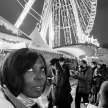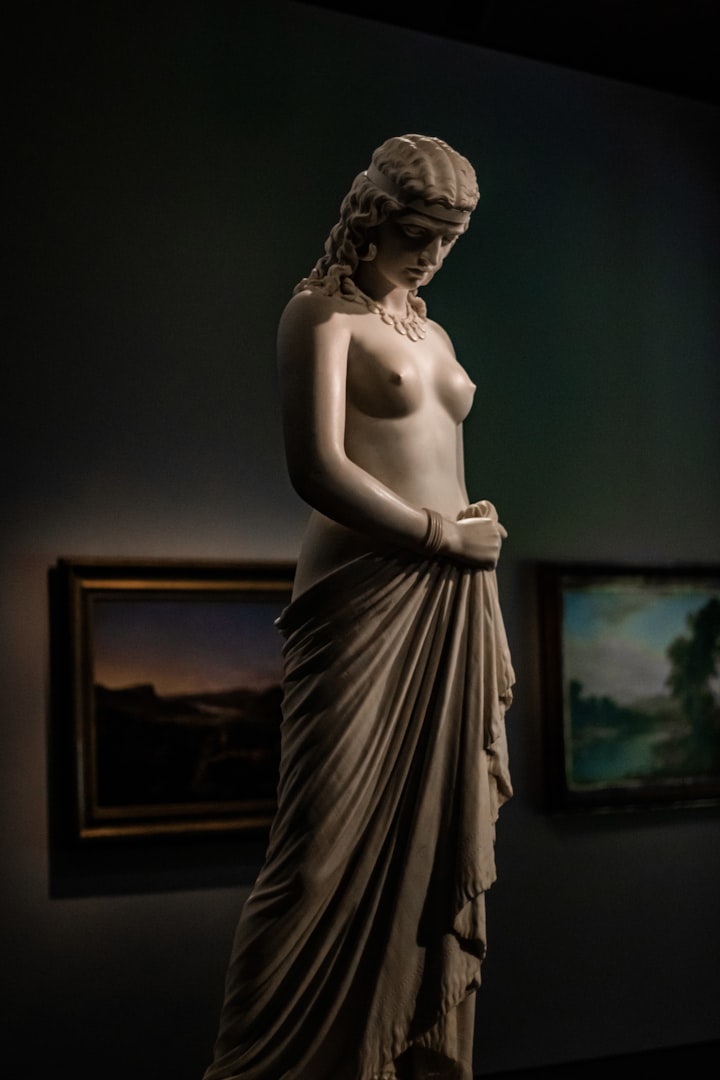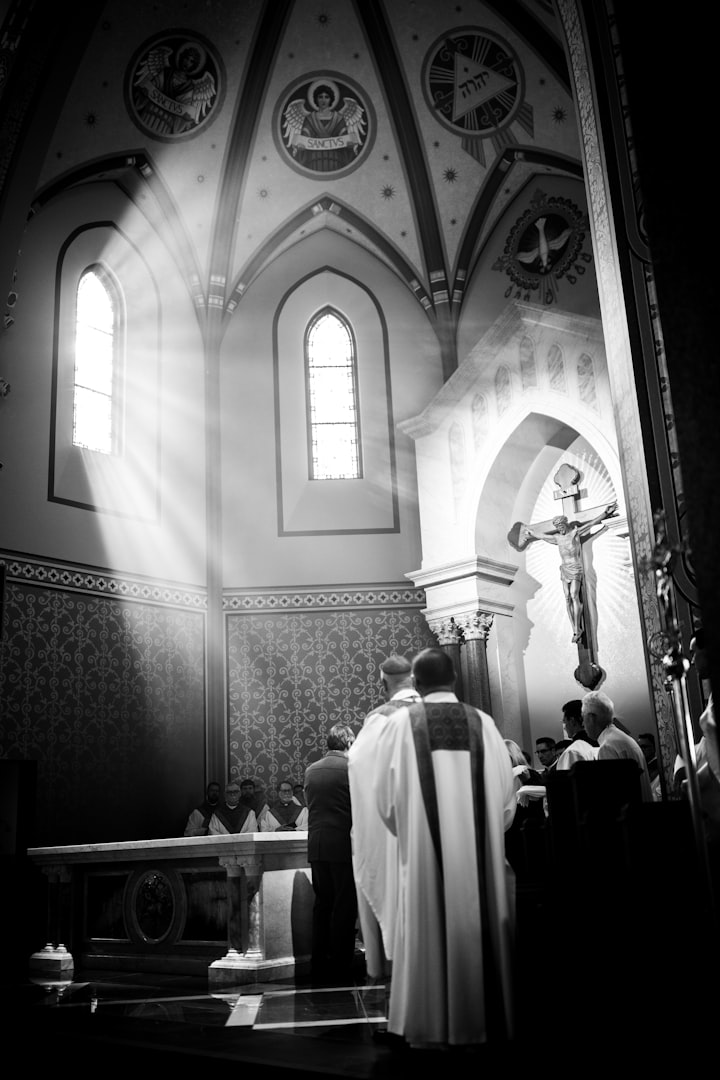Feminism in the 21st Century
A Sexuality based outlook on excerpts of the Ecriture Feminine
"Write, let no one hold you back, let nothing stop you: not man; not the imbecilic capitalist machinery, in which the publishing houses are the crafty, obsequious relayers of imperatives handed down by an economy that works against us and off our backs; not yourself. Smug-faced readers, managing editors, and big bosses don't like the true texts of women- female-sexed texts. That kind scares them". (Helene Cixous 1975).
Cixous asserted that a woman must write her SELF. She must write about women, and bring women to writing, which they then had been driven away from as violently as from their sexuality, another area which they may have also repressed and denied it's expression.
"Écriture féminine, or "women's writing", is a term coined by French feminist and literary theorist Hélène Cixous in her 1975 essay "The Laugh of the Medusa". Cixous aimed to establish a genre of literary writing that deviates from traditional masculine styles of writing, one which examines the relationship between the cultural and psychological inscription of the female body and female difference in language and text.
As a theory, Écriture féminine formulates the importance of language for the psychic understanding of self. It has been suggested by Cixous herself that more free and flowing styles of writing such as stream of consciousness, have a more "feminine" structure and tone than that of more traditional modes of writing. This theory draws on ground theory work in psychoanalysis about the way that humans come to understand their social roles. In doing so, it goes on to expound how women, who may be positioned as 'other' in a masculine symbolic order, can reaffirm their understanding of the world through engaging with their own otherness, both within and outside their own minds, or consciousness".
As a woman, I am constantly being told to: "RESET YOUR PASSWORD", by the world around me. In other words, be the person that each individual wants me to be. I imagine I would have to become many different personas to accommodate the sheer number of persons who imagine that I should be who they are, or who they perceive that I should actually be. Just as long as it is not the ME that THEY see.
As women we have come full circle in the realization that we have always been dominant voices fueling the masculine drive to achieve and rule with an iron fist. We have never been the 'other', we were always our own alpha beings, operating behind the curtain, patiently awaiting the day when our real voices became unmasked and were liberated and freed.
Men seek wives so they may become better versions of themselves. Women seek husbands for a veritable cornucopia of reasons. This is my personal belief. I have, like most women, wanted to meet the other half of myself, someone that made my heart do somersaults every time that I saw him. The idea, however, of sleeping in the same bed for many years to come with this other live body by my side was quite unsettling to me. I voted that we have separate rooms, and a freedom to explore our intimate selves within a complete reciprocation of time and space. I have since come to realize that men who will welcome that idea are few and very far from existing in my state of consciousness.
Hiding behind secret identities, living double lives. Women have long stopped hiding their true identities behind a false self. We no longer need to allow others to blame their weaknesses on our strength.
The topic of the Ecriture feminine is extremely many faceted and exists in a labyrinth, a virtual maze of twists and turns. It begins or rather continues to unmask the true world hidden in innuendos and false gestures which women once used to disguise their true selves. A woman need not be told what she has to do, she must find out for herself.
Pantheism, the belief that reality, the universe and the cosmos are identical to divinity and a supreme supernatural being or entity, pointing to the universe as being an immanent creator deity who is still expanding and creating, which has existed since the beginning of time, was replaced by Misogyny.
Misogyny is hatred of, contempt for, or prejudice against women. It is a form of sexism that is used to keep women at a lower social status than men, thus maintaining the societal roles of patriarchy. Misogyny has been widely practiced for thousands of years. It is reflected in art, literature, human societal structure, historical events, mythology, philosophy and religion.
Monotheism—the belief in one, usually male god—began to replace pantheism and matriarchal religions. The three main monotheistic religions of Judaism, Christianity and Islam promoted patriarchal societal structures, and used misogyny to keep women at a lower status. The specific study of women's writing as a distinct category of scholarly interest is relatively recent.
Rosemarie Tong, author of Feminist Thought, found that "Cixous challenged women to write themselves out of the world men constructed for women. She urged women to put themselves-the unthinkable/unthought-into words.
"Almost everything is yet to be written by women about femininity: about their sexuality, that is, its infinite and mobile complexity; about their eroticization, sudden turn-ons of a certain minuscule-immense area of their bodies; not about destiny, but about the adventure of such and such a drive, about trips, crossings, trudges, abrupt and gradual awakenings, discoveries of a zone at once timorous and soon to be forthright".
With regard to phallogocentric writing, Tong argues that "male sexuality, which centers on what Cixous called the "big dick", is ultimately boring in its pointedness and singularity. Like male sexuality, masculine writing, which Cixous usually termed phallogocentric writing, is also ultimately boring" and furthermore, that "stamped with the official seal of social approval, masculine writing is too weighted down to move or change".(Open to conversation and interpretation, male writing has evolved depending on the individual perception).
For Cixous, écriture féminine is not only a possibility for female writers; rather, she believes it can be (and has been) employed by male authors such as James Joyce or Jean Genet. Some have found this idea difficult to reconcile with Cixous' definition of écriture féminine (often termed 'white ink') because of the many references she makes to the female body ("There is always in her at least a little of that good mother's milk. She writes in white ink", when characterizing the essence of écriture féminine and explaining its origin. This notion raises problems for some theorists".
"Ecriture féminine, then, is by its nature transgressive, rule-transcending and intoxicating. It is clear, however, that the notion as put forward by Cixous raises many problems. The realm of the body, for instance, is seen as somehow immune to social and gender condition and able to issue forth a pure essence of the feminine. Such essentialism is difficult to square with feminism which emphasizes femininity as a social construction".
Women have transcended many of the boundaries alluded to in this article, and are still surmounting the many obstacles within their path to complete establishment of a fierce independence in all aspects of our lives.
Femininity and sexuality now wear many faces.
Photo by Kara on Unsplash
Although this article is mainly about women, it is prudent to note that the term Sexuality has taken on a more complex, myriad, plenitude and abundance in it's meaning. The term has become intricately intertwined within a many faceted newly awakened plane of human existence.
We continue our march forward in solidarity!
//////////////////////////////////////////////////////////////////////
This article is written from excerpts of the idea of the Ecriture Feminine. I do not claim to have written it in its entirety. In attempting to reword the text, I found the eloquence of the ideas becoming lost in its fundamental depth. I decided to keep parts of the text it as it was written.
About the Creator
Novel Allen
Every new day is a blank slate. Write something new.







Comments (1)
Nice , love the message in this story .